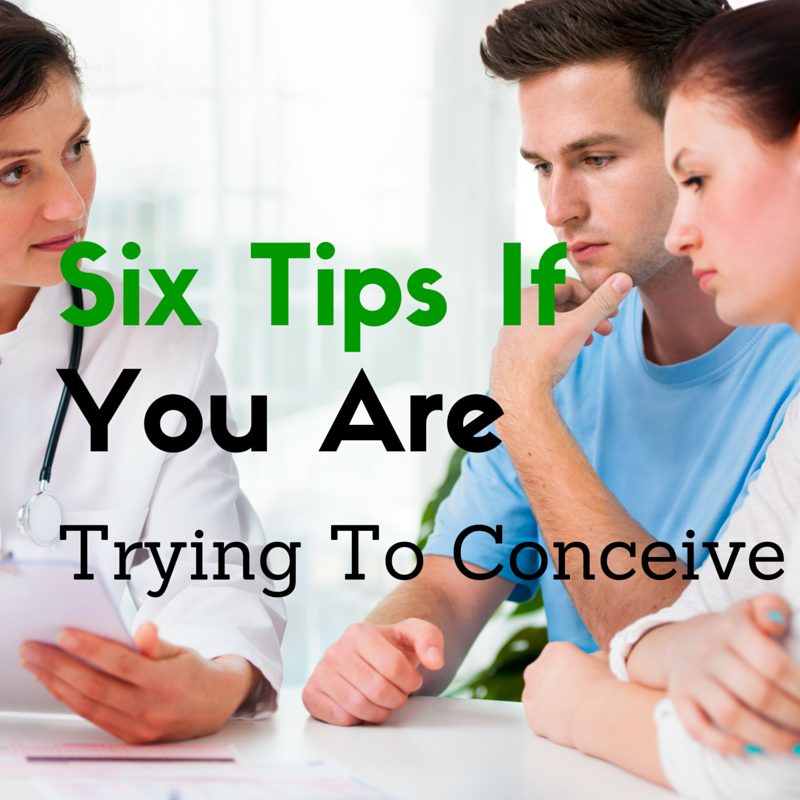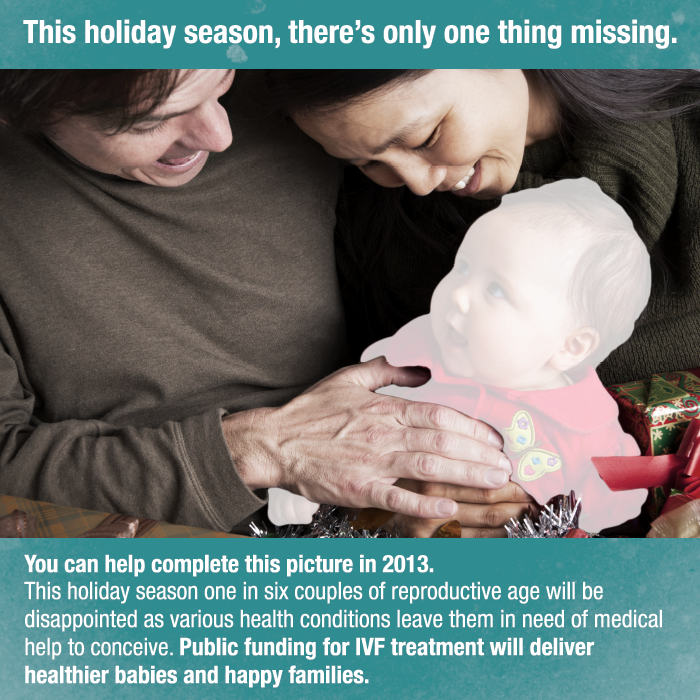
Six Tips if You Are Trying To Conceive #ChurchandDwight
In Canada 1 in 6 experience fertility issues or challenges. I was one of those people years ago before we adopted our girls from London area Children’s Aid Society. I have talked about that often here. Many of my close friends have also struggled with infertility. When you are trying to get pregnant and nothing seems to be working there is nothing more frustrating. Infertility can be exhausting – financially, emotionally and physically.
What is supposed to be an exciting and happy time can become a source of stress and pressure for those who experience challenges along the way. Canadian Infertility Awareness Week is right around the corner (May 12th – 20th), so I thought it might be useful to pull together a bit of information for those who might be trying to conceive right now.
Dr. David Greenberg, Family Physician at St. Joseph Hospital, has provided some medical context for those who are trying to conceive. I’ve added a few of my own thoughts here too. I’ve been writing about infertility and adoption for 15 years now and I community manage a few infertility patient groups.
SIX THINGS TO REMEMBER IF YOU ARE TRYING TO CONCEIVE and HAVING DIFFICULTY:
- It’s not your fault
Dr Greenberg: There are many reasons why conceiving a baby may be difficult, but it’s not anyone’s fault. Blaming yourself or your partner won’t fix anything and may lead to more problems, including tension in your relationship.
Paula – I would also add that if you are struggling and you feel the strain impacting your marriage or your relationship you should consider finding an infertility counsellor. Infertility is a trying experience and it is common for men to experience this differently than women do and sometimes you need help talking that through.
- Live healthy
Dr. Greenberg: Don’t wait until you find out you’re expecting to start making changes to your diet or exercise routine. Once you decide to start trying to conceive, start behaving like you’re already pregnant by eating right, taking prenatal vitamins, avoiding alcohol, stop smoking and exercise sensibly.
Paula – This is always good advice.
- Know yourself
Dr. Greenberg: Improve your odds of conceiving by having sex on the days when conception is likeliest to happen. Every woman’s body is unique and, when trying to become pregnant, your individual cycle should be taken into consideration. The First Response™ Digital Ovulation Test detects and tracks your personal daily baseline levels of luteinizing hormone (LH) to detect your personal LH surge, unlike other ovulation tests that use a preset “average” level to determine an LH surge.
Paula – Also worth noting-take care of yourself and know your limits. If you can’t manage going to a baby shower because it’s too emotionally wrenching as you are trying to conceive then excuse yourself if you have to.
- Know when to see an expert
Dr. Greenberg: If it’s taking longer than you expected to conceive, it’s always a good idea to speak to your doctor about what you should be doing to improve your chances.
Paula – Depending on your age and health history, if it is taking more than six months to a year of active trying to conceive then you should find a fertility expert.
- Don’t wait – BE Proactive
Paula – If you suspect there’s a problem, get in to see a fertility expert. The thing about fertility and infertility is that the process can take months. Referrals and treatments can take a long time and the process of getting pregnant, if treatment is necessary, can take years. Similarly if your path to parenthood is going to be adoption, that can also take months if not years. Time is not your friend when fertility is in question so always err on the side of getting a treatment plan started.
- Be Supportive and Find Support Where you Can
Dr. Greenberg – The most important thing is to be supportive and understanding. Please remember that every woman is different. It’s important to consult your doctor to find the best steps for you.
Paula -If you do end up with an infertility diagnosis find a support group. There are many on line support groups around. If you end up needing IVF and you live in Ontario join Conceivable Dreams support group. If you live in Alberta there’s a great one there too called Generations of Hope. Peer to peer support is one of the biggest indicators of success for both infertility patients and adoptive parents. Message me privately if ever you are searching for either group on line.
This post was sponsored by Church and Dwight. I am a Church and Dwight Ambassador and as such I am compensated. This post is based on my personal and professional experience and it is honest.





